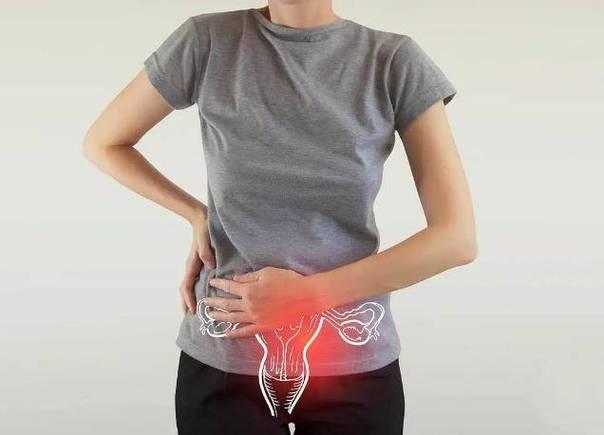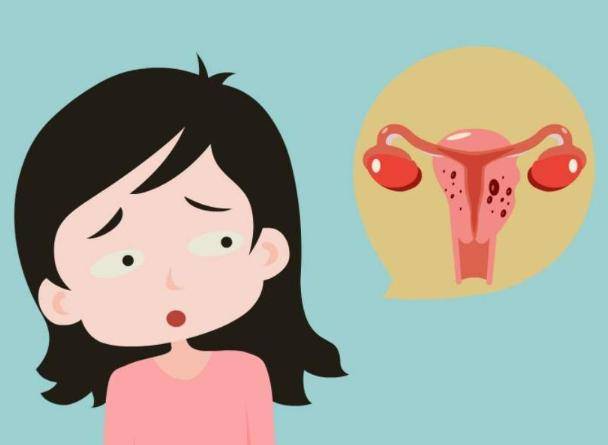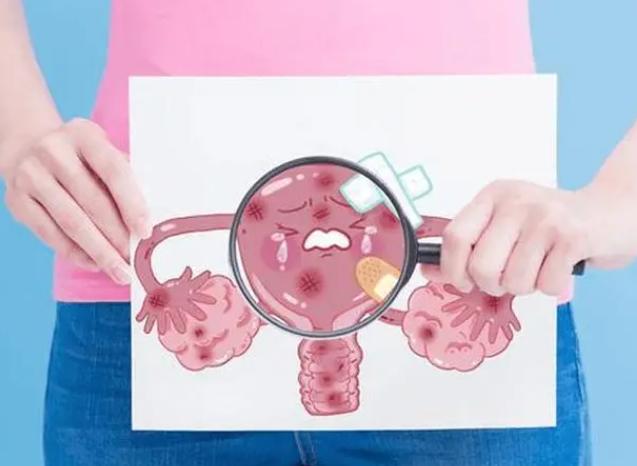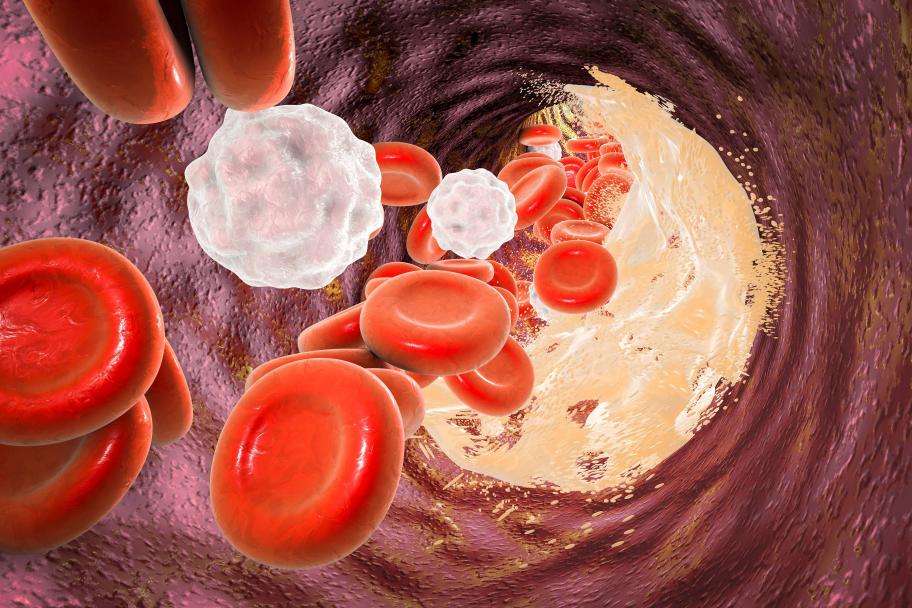Perimenopause is like a winding road, with both sunny moments and cloudy comers. Many women walk this road feeling both excited and confused, often realizing afterwards: "Oh, these symptoms have been quietly signalling me all along, I just didn't catch the hints." The symptoms of perimenopause are diverse, like invisible signals that plant early seeds of the upcoming "weather forecast," yet we often overlook them.

You might think perimenopause is just about "hot flashes" and "missed periods," but in reality, those are only part of the health map. As a woman's estrogen levels gradually decline, the body begins to silently change in various ways. These changes act like small characters stepping out from behind the scenes, slowly taking over the leading role. Hot flashes are the most common symptom they show up like an uninvited guest, suddenly making you feel like you're sitting on an ant under a hot pot, with your whole body burning up. Then, your period might disappear irregularly, as if it quietly packed its bags and left. It hasn't said goodbye, but you know that periodic visitors may never return. However, the perimenopausal story goes beyond these surface changes. As hormones decrease in the body, you may suddenly find you can no longer control your little "accidents." That feeling of urinary incontinence hits you unexpectedly, like dropping a small burden at the least expected moment, leaving you flustered. Frequent urination and incontinence might make you
feel like you've joined an unknown challenge with no warning, and you're already in the race. But you're not alone in this journey; many women are walking this bumpy path too.

What's even more surprising is that as the hormonal dance within your body gradually stops, mucosal symptoms start to emerge quietly. Dry eyes, itchy ears, and a mouth that no longer feels as moist as it once did are just a few examples. Many women also find that peaceful, uninterrupted sleep is becoming a distant memory. Those easy nights of drifting off to sleep and staying undisturbed throughout the night have turned into an ongoing battle with "insomnia" You lie in bed counting sheep, yet the sleepiness seems to vanish, leaving you tossing and turning all night like you're in a "sleep marathon." If you were once someone with good sleep, you might think: "Oh my, how have I never experienced this before?" You begin to realize that those once blissful nights of sleep have been silently swallowed by an invisible tide During this process, you may find that your premenstrual syndrome (PMS) symptoms have become more intense. You suddenly feel like your emotions are tossed into an unstable whirlpool, and little things can trigger bursts of anger. These changes feel like a prank being played on you.
Each woman's experience of perimenopause is different, and the sequence in which symptoms arise can vary. For some women, joint pain might be the first change they notice. This pain in the joints feels like every "connection point" in your body is protesting. You may even begin to wonder if you've reached the "repair period" of your life, where every part of you is "on strike," needing to be adjusted and fixed. Perimenopause may bring a series of discomforts, but that doesn't mean the exciting part of life is over. It's just a turn in the road of life, and though the tum might be a little bumpy, it doesn't stop the journey.

Perimenopause often coincides with some of the most fulfilling and exciting times in a woman's life. You've moved past the restlessness of youth, and now is your golden period. After all, life is never limited by age; it's like a vast canvas waiting for you to re-paint with new colours and strokes. If you understand the symptoms of perimenopause ahead of time, it may serve as a careful road sign, guiding you to drive safely and confidently, rather than blindly forging ahead. This way, you can walk this winding road with more composure.





